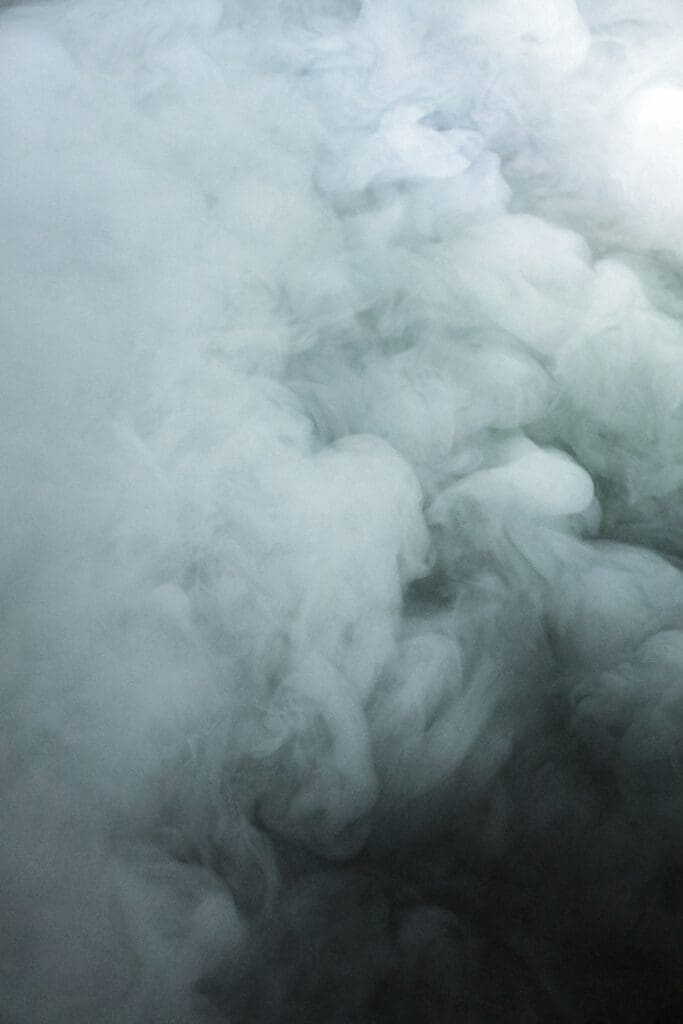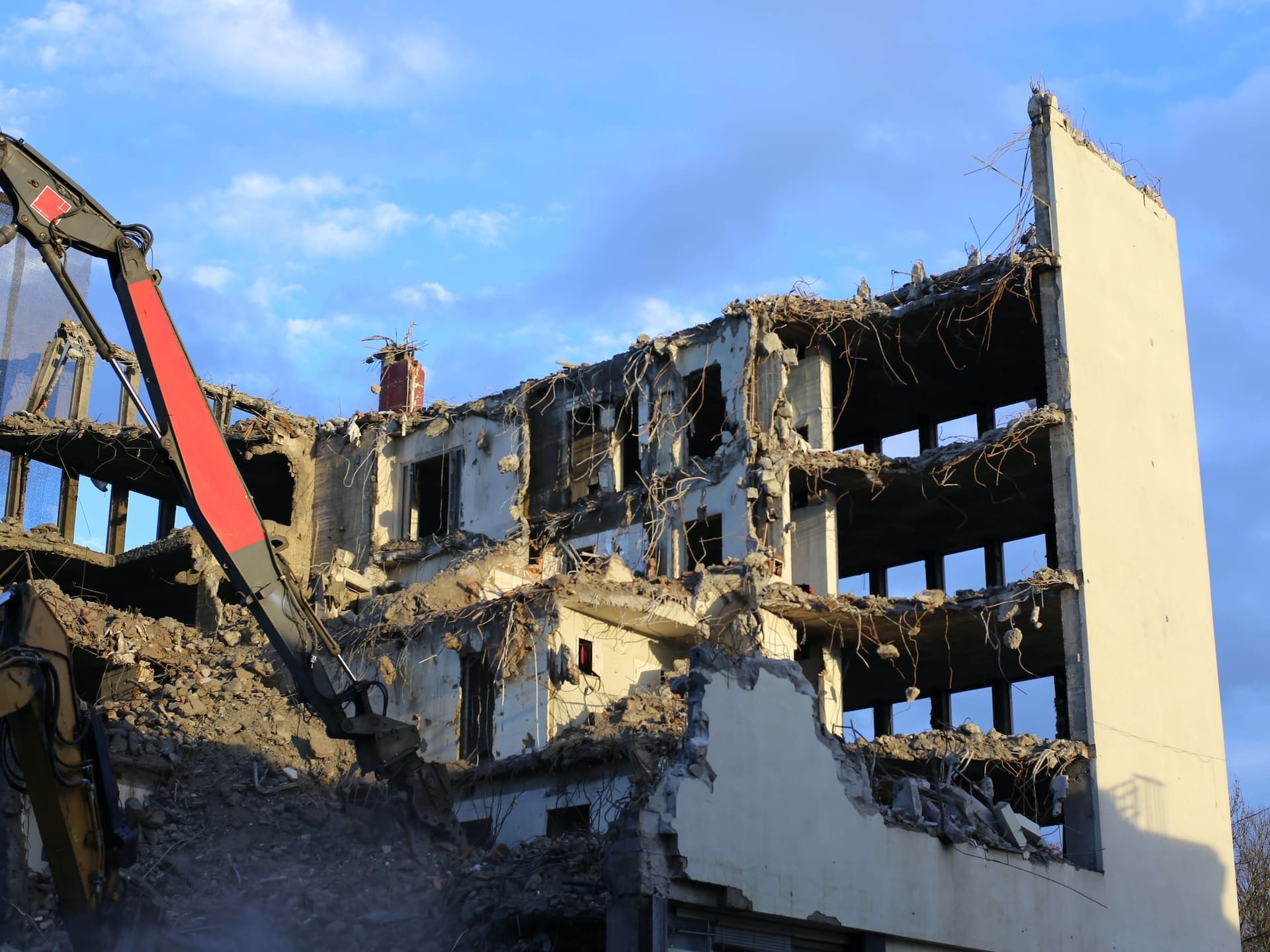Smoke inhalation can have serious health consequences, especially when it comes to the lungs. Smoke produced by fires, cigarettes, or other sources can contain harmful chemicals that can cause long-term damage to the respiratory system. Understanding the dangers of smoke inhalation and how it can damage the lungs is crucial for maintaining lung health.
The Anatomy of the Lungs
To understand how smoke inhalation can damage the lungs, it is important to first understand the anatomy of the respiratory system. The lungs are a pair of organs located in the chest that are responsible for the exchange of oxygen and carbon dioxide between the body and the environment.
The lungs are made up of small air sacs called alveoli, which are surrounded by tiny blood vessels called capillaries. When air enters the lungs, it passes through the trachea and bronchial tubes before reaching the alveoli. The oxygen in the air then diffuses into the capillaries and is carried throughout the body, while carbon dioxide from the body is exchanged for oxygen and expelled from the lungs.
How Smoke Inhalation Damages the Lungs
Smoke inhalation can damage the lungs in several ways. Firstly, it can cause inflammation in the airways, which can make it difficult to breathe. This inflammation can also cause the airways to produce excess mucus, further obstructing airflow.
Secondly, smoke inhalation can damage the alveoli, reducing their ability to exchange oxygen and carbon dioxide. This can lead to a condition called acute respiratory distress syndrome (ARDS), which can cause fluid to build up in the lungs and make it difficult to breathe.
Thirdly, smoke inhalation can cause long-term damage to the lungs. The chemicals in smoke can cause scarring and damage to the lung tissue, which can lead to chronic obstructive pulmonary disease (COPD) and other respiratory problems.
The Dangers of Smoke Inhalation
Smoke inhalation can be especially dangerous for certain groups of people. Infants, children, and the elderly are particularly vulnerable to the effects of smoke inhalation, as are people with pre-existing respiratory conditions such as asthma or COPD.
Exposure to smoke can also increase the risk of lung cancer and other health problems. According to the American Lung Association, smoking is the leading cause of lung cancer, and exposure to secondhand smoke can increase the risk of lung cancer by up to 30%.
Protecting Your Lungs from Smoke
To protect your lungs from smoke inhalation, it is important to take steps to reduce your exposure to smoke. If you smoke, quitting is the best way to reduce your risk of lung damage. Avoiding exposure to secondhand smoke is also important, as is avoiding exposure to smoke from fires or other sources.
If you must be around smoke, wearing a mask or respirator can help reduce your exposure. Using air purifiers and keeping indoor air clean can also help reduce your risk of smoke inhalation.
Conclusion
Smoke inhalation can have serious health consequences, especially when it comes to the lungs. Understanding the dangers of smoke inhalation and how it can damage the respiratory system is crucial for maintaining lung health. By taking steps to reduce your exposure to smoke, you can protect your lungs and reduce your risk of long-term lung damage.



